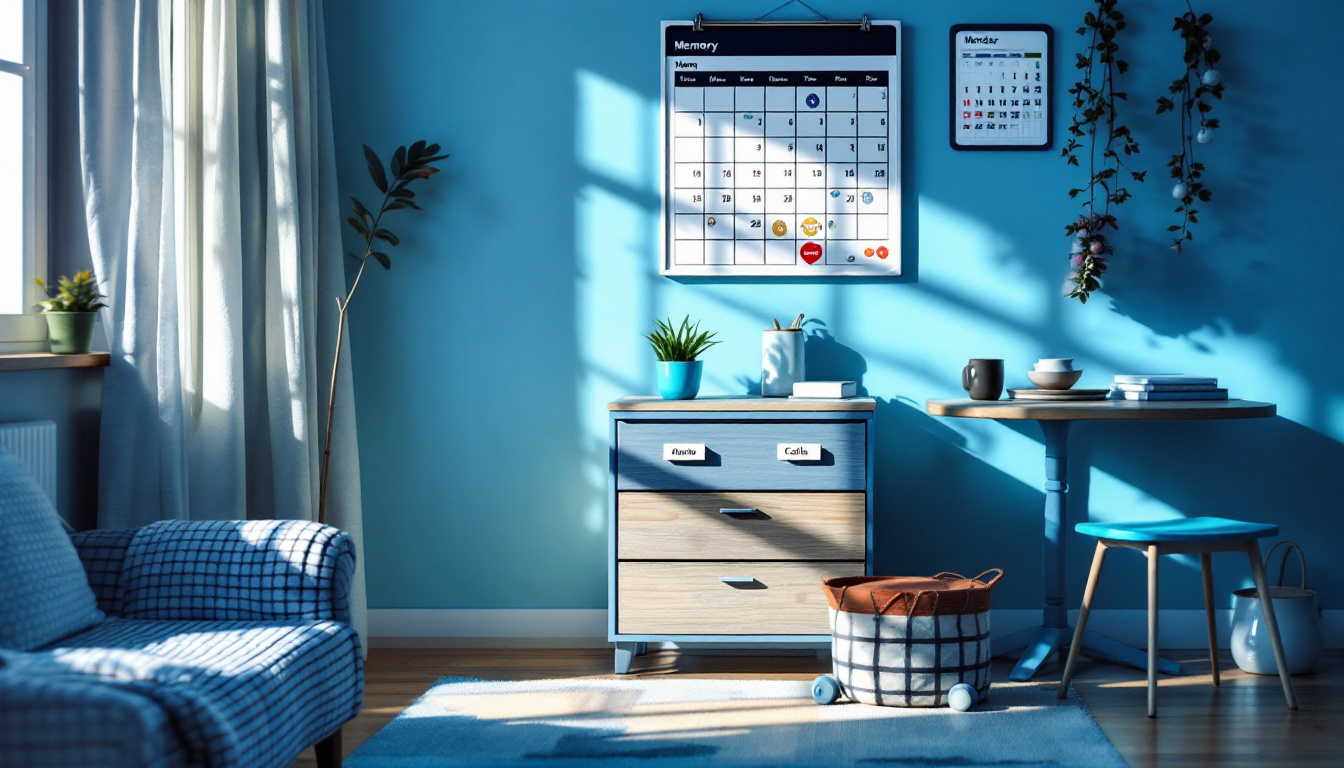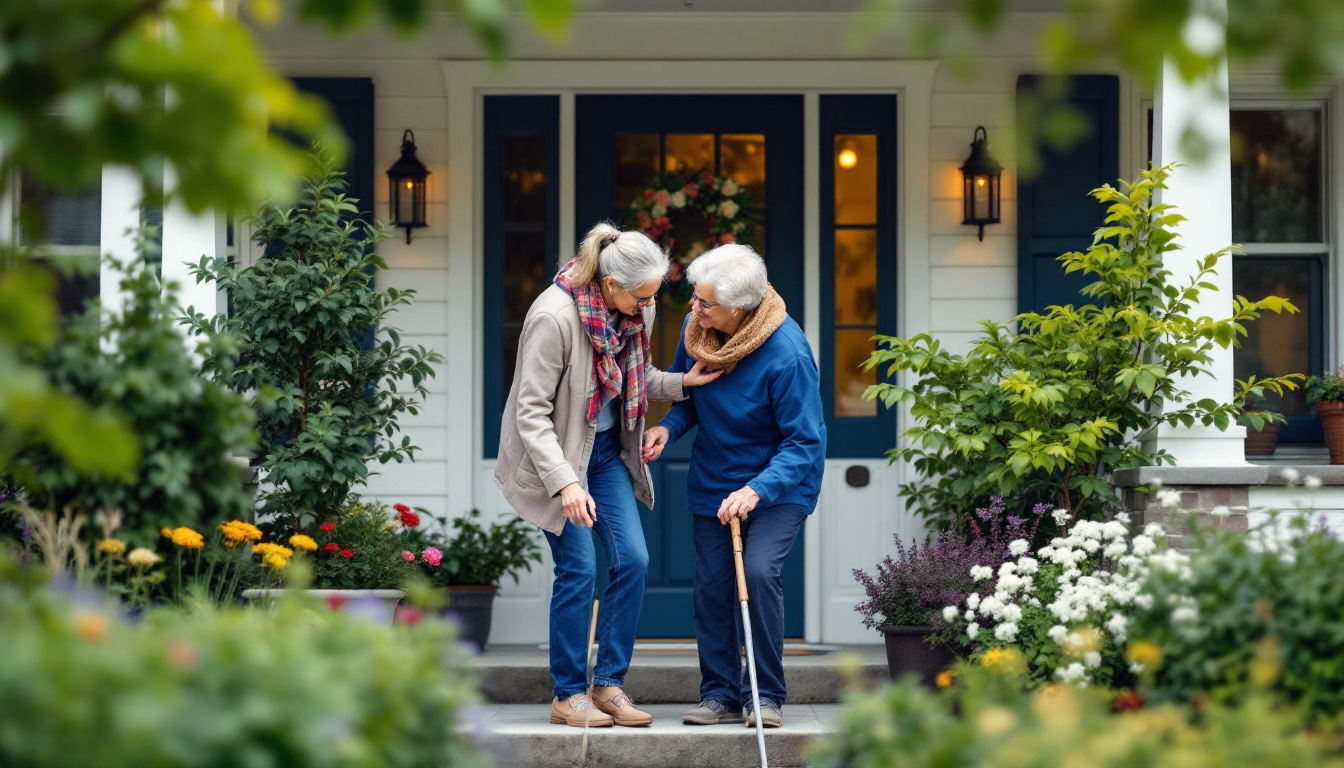Tips for In-Home Senior Care
Optimizing Home Environments for the Elderly

Introduction: Understanding the Essentials
In-home senior care is growing in importance as more families choose to care for their elderly loved ones at home, providing them with comfort and familiarity. This approach not only fosters emotional well-being but also offers practical solutions for maintaining independence and integrating personalized care. This article explores vital aspects of in-home caregiving, with a focus on enhancing safety, ensuring proper nutrition, and understanding financial and emotional dynamics.
Benefits of Caring for Elderly Parents at Home

What are the benefits of caring for elderly parents at home?
Caring for elderly parents at home offers numerous advantages that extend beyond mere logistics. The emotional comfort and familiarity inherent in a home environment significantly enhance their overall well-being. Being surrounded by cherished memories and family members fosters a sense of security and belonging that institutional care often lacks. Moreover, family caregiving facilitates personalized attention, allowing for better tailoring of care to meet the specific needs of elderly parents, from routine tasks to emotional support.
In terms of financial aspects, home care can be a cost-effective alternative compared to nursing homes or assisted living facilities. It mitigates the hefty financial obligations associated with institutional living, letting families allocate resources more judiciously.
Government programs and financial incentives for caregivers
To further alleviate the burdens faced by family caregivers, various government programs and financial incentives are available. These include tax benefits, direct support programs, and access to resources through local agencies. Such financial assistance can significantly address both the emotional and economic challenges inherent in caregiving.
Furthermore, the ability to modify the home for enhanced safety and accessibility—such as installing grab bars or optimizing lighting—allows elderly parents to maintain their independence, thus bolstering their quality of life. A commitment to preparing homes proactively can foster an environment conducive to aging in place, reassuring both caregivers and seniors.
What Seniors Need Most
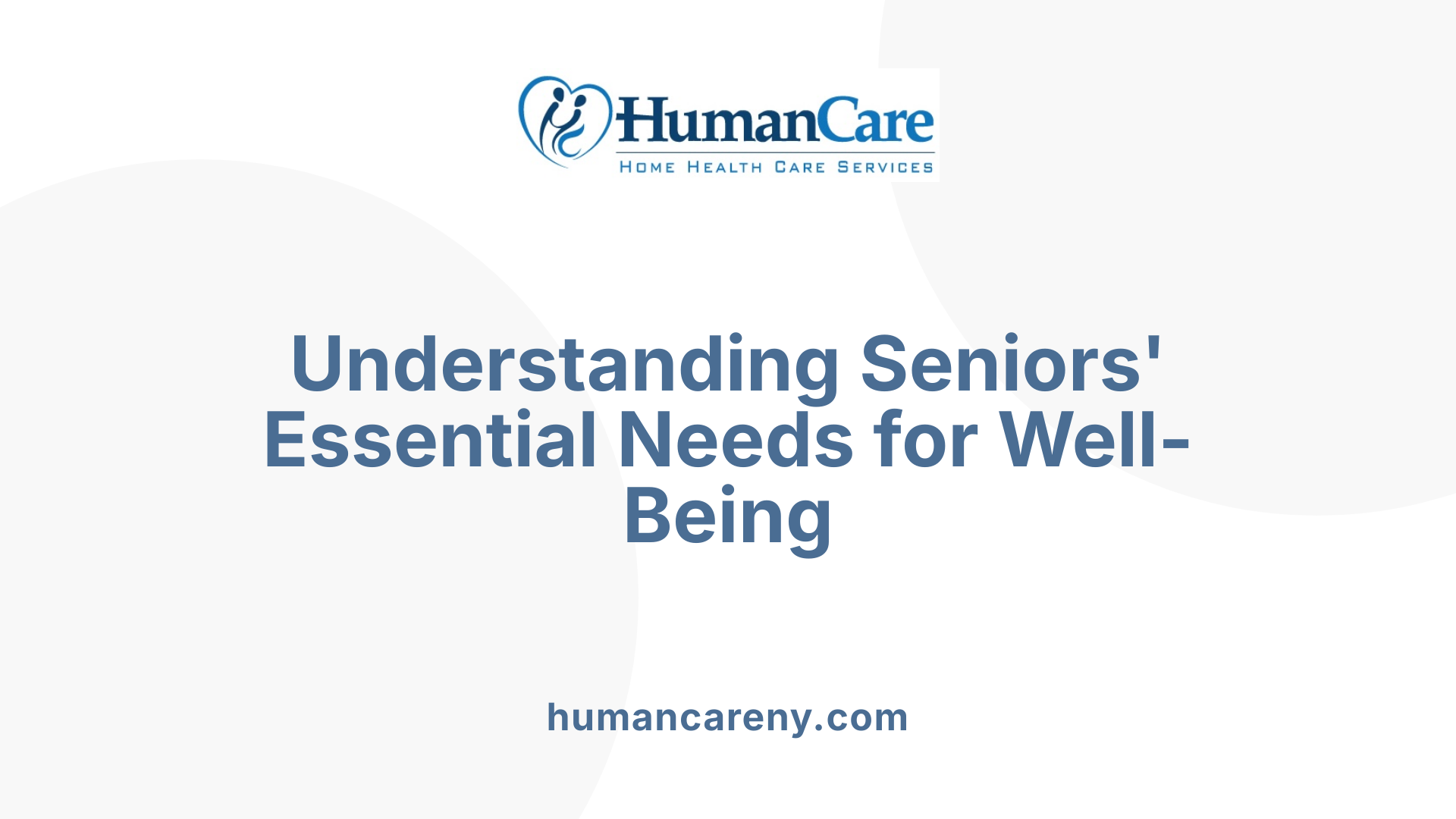
What do seniors need the most?
Seniors have a variety of needs that are essential to their well-being. Among the most important are emotional and psychological support, as social interactions significantly reduce feelings of loneliness and depression. Engaging in recreational activities not only fosters connections with others but also keeps seniors active and mentally stimulated.
Physical requirements play a crucial role as well, including safety in their living environment. Simple home modifications, like installing grab bars and ensuring adequate lighting, greatly reduce risks of falls and accidents. Furthermore, proper hygiene assistance and access to healthcare services help maintain their overall health.
Addressing Cognitive Health Considerations
Cognitive health is vital for seniors, and engaging in mentally stimulating activities can help prevent cognitive decline. Activities such as puzzles, reading, or even playing games can foster cognitive engagement. In addition, caregivers should monitor for signs of serious cognitive issues, potentially seeking evaluations that prompt early intervention when necessary.
Summary of Essentials
In summary, a combination of family support, social connections, health care, and emotional security is necessary to enhance the quality of life for elderly individuals. Understanding and addressing these dimensions comprehensively contributes to their overall well-being.
Finding Local Senior Care Resources: NY and NJ
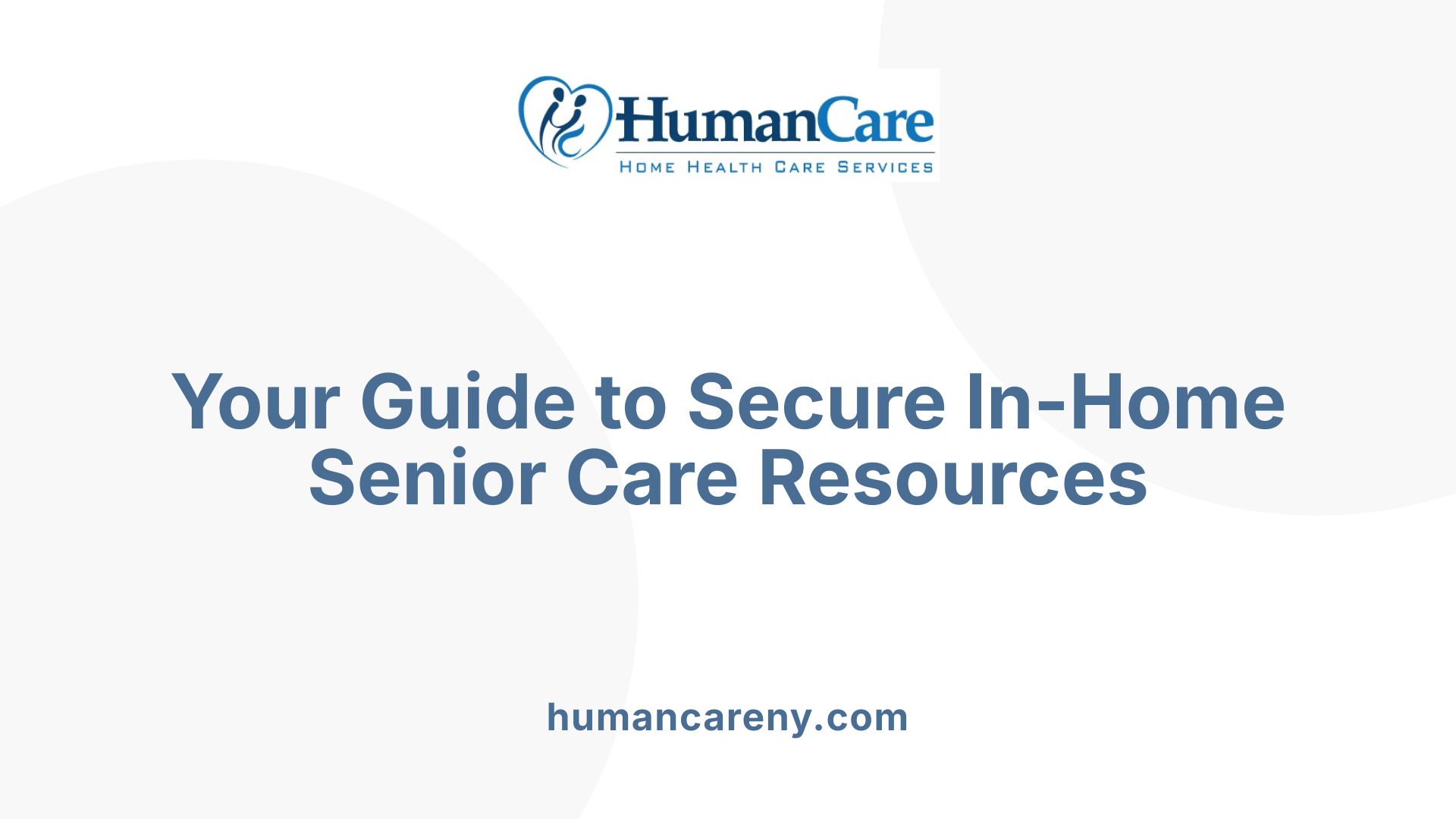
How can I find tips for in-home senior care near New Jersey or New York?
To find tips for in-home senior care near New Jersey or New York, begin by researching local home care agencies that provide resources and support specifically for caregivers. Depending on your needs, you can consider engaging with trusted agencies that offer assistance in areas such as medication management, fall prevention, and creating a safe home environment. Many agencies also provide workshops or seminars aimed at enhancing caregiver skills.
Engaging with experienced caregivers through support groups or online forums can be valuable. These platforms often facilitate the exchange of practical tips on providing emotional support, monitoring social engagement, and ensuring that seniors maintain independence.
When evaluating care options, prioritize identifying licensed and certified care providers to ensure high-quality assistance. This includes checking qualifications and asking about their experience with specific health needs your parent may have.
Consider forming a support network, engaging family and friends in the caregiving process, and seeking out community resources that foster enjoyable activities for seniors. A strong support system is essential in navigating caregiving challenges while sustaining the mental health of both caregiver and care recipient.
Most Requested Elderly Support Services
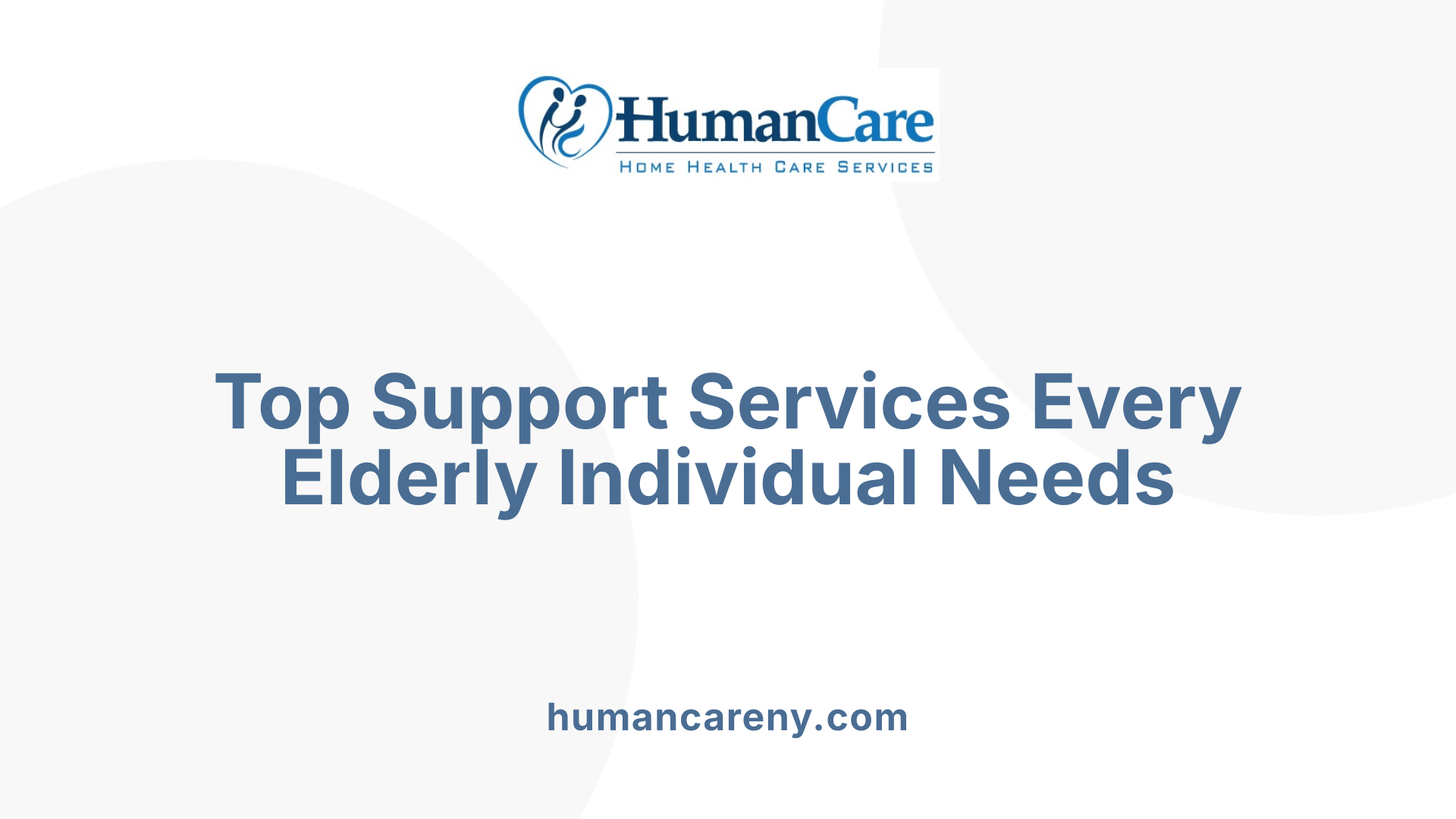
What is the most requested support service for the elderly?
The most requested support service for the elderly is personal care, which encompasses assistance with daily tasks such as bathing, dressing, grooming, and mobility. In many cases, seniors find themselves needing help with basic Activities of Daily Living (ADLs) due to reduced strength or health issues, which can significantly impact their quality of life.
Medication management is another critical area, as many seniors struggle to manage their prescriptions effectively. Caregivers play a vital role in ensuring that medications are taken correctly and on time, thus preventing potential health complications.
A focus on nutritious meal preparations is essential, given that many older adults face challenges with grocery shopping and cooking. The risk of malnutrition can lead to serious health issues, highlighting the necessity for reliable meal support.
In addition to personal care and medication, mobility and transportation services enable seniors to access medical appointments, social outings, and family visits, which are vital for maintaining independence. Furthermore, promoting social interaction opportunities is crucial for combating isolation that can adversely affect mental and physical health. These services collectively enhance the overall well-being of seniors, allowing them to age in place comfortably and securely.
Prioritizing Caregiver Well-Being
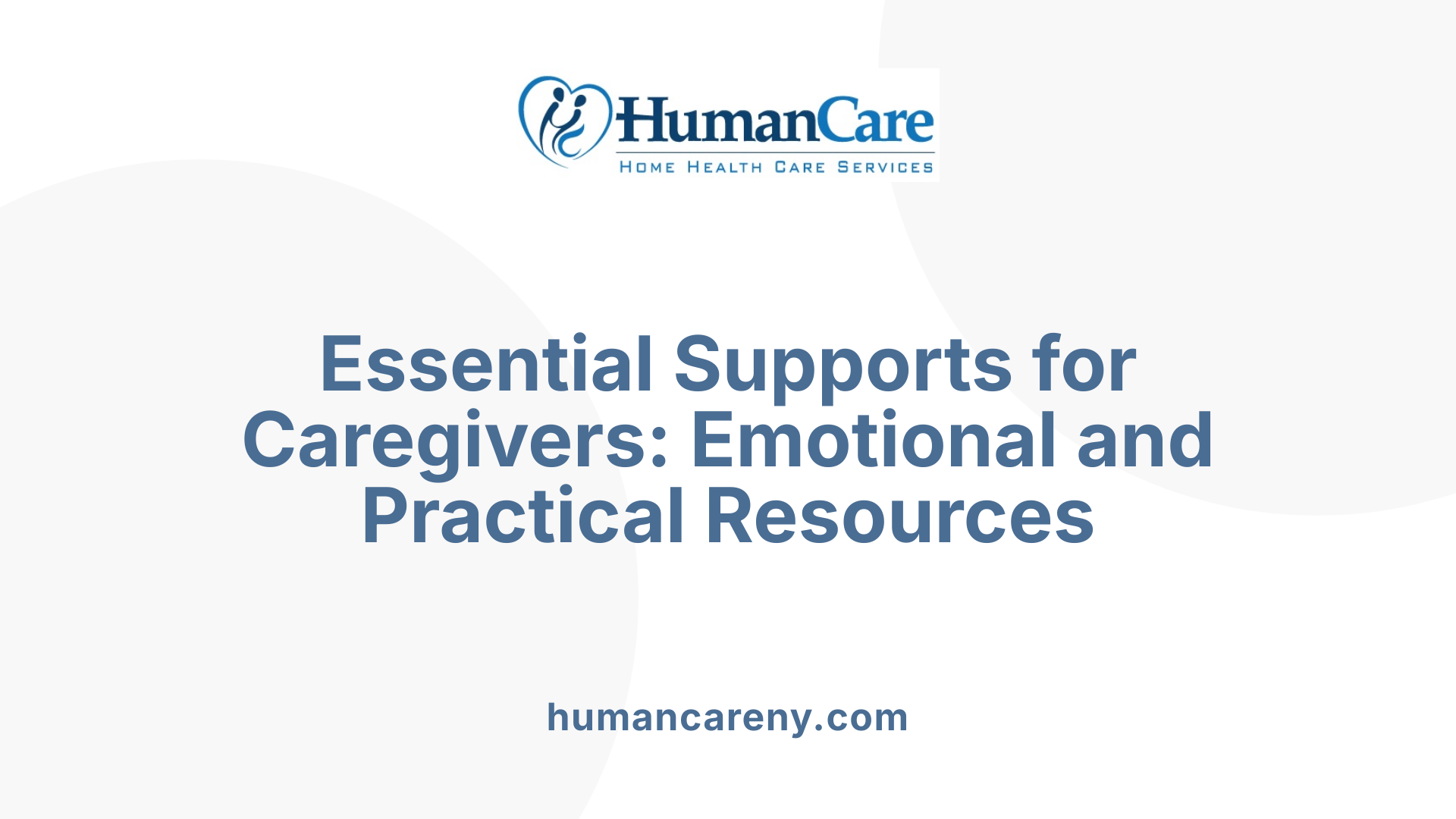
What do caregivers need the most to maintain their well-being?
Caregivers often find themselves at the nexus of emotional and physical demands, requiring a multifaceted approach to sustain their well-being. Respite care provides essential breaks, allowing caregivers to recharge and mitigate the risk of burnout that can arise from continuous caregiving duties. This temporary relief can be arranged through professional services or informal support from family and friends.
Emotional support is another cornerstone of caregiver well-being. Connections with peer support groups, counseling services, or even informal conversations with friends can create a crucial support system for managing stress and anxiety.
Moreover, caregivers frequently encounter economic strains as managing health care needs can lead to unexpected costs. Understanding financial support options, including government assistance, tax deductions for medically necessary expenses, and community resources, can alleviate some of this burden.
Practical resources such as information on navigating healthcare systems, access to elder care services, and connections to local agencies can empower caregivers, equipping them with the knowledge to handle daily challenges effectively. The combination of respite, emotional support, and financial as well as practical resources ultimately fortifies caregivers in their vital role.
Evaluating Caregiving Capabilities
How can caregivers evaluate their caregiving capabilities effectively?
Caregivers can evaluate their capabilities by assessing both their physical and emotional health. This reflection is pivotal, as the demands of caregiving can lead to stress and various health issues. Caregivers should consider their ability to manage responsibilities, which encompass medication management, financial tasks, and companionship, acknowledging the multifaceted demands of caregiving.
Key traits vital for effective caregiving include:
- Patience: Essential for assisting seniors, particularly those with cognitive challenges.
- Compassion: Helps foster a nurturing environment that promotes emotional well-being.
- Strong Communication Skills: Important for understanding and addressing the changing needs of the elderly.
Establishing boundaries is crucial to prevent burnout; caregivers should not hesitate to accept help from others, recognizing that caregiving should not be a solitary endeavor. Additionally, actively participating in a cooperative care team with medical professionals can provide valuable support and resources.
Furthermore, caregivers should prioritize self-care, engaging in practices that ensure their physical fitness and mental resilience, enabling them to provide the best support possible to their loved ones.
Involving medical professionals and support networks
Engaging medical professionals becomes necessary as caregivers feel overwhelmed or if a loved one's health declines. Open discussions with healthcare providers can clarify care strategies and necessary modifications to optimize both care and safety at home.
Forming a support network incorporating family, friends, and community resources allows for shared responsibilities and emotional backing, essential to sustain caregiver well-being.
Compensation for Family Caregivers
How can someone caring for elderly parents at home get paid?
Family members caring for elderly parents at home often face financial strain due to the demands of caregiving. Thankfully, several programs exist that can help ease this burden through compensation.
Medicaid and VA Benefits
Medicaid offers a pathway for family caregivers to receive pay through various options, such as Home and Community Based Services (HCBS) waivers and Personal Care Services. These programs recognize the value of family caregivers by allocating funds specifically designed to support home-based care. Veterans also have access to similar resources, such as Veteran-Directed Care, enabling them to select family members as their paid caregivers. By understanding these programs, families can mitigate the financial impacts of caregiving.
Creating Personal Care Agreements
Establishing a personal care agreement can be a beneficial step for families. This formal contract outlines payment terms, responsibilities, and expectations. Not only does it clarify the scenario for both caregiver and care recipient, but it may also assist in qualifying for various assistance programs. It’s advisable for caregivers to exhaust their knowledge of state-specific programs and consult with insurance providers to maximize the benefits available to them.
By actively exploring these financial avenues, family caregivers can ensure they receive the support they require while meeting their loved ones’ needs effectively.
Aging in Place: Checklists and Considerations
What is an Aging in Place Checklist?
An aging in place checklist is a valuable tool that assists individuals in evaluating and modifying their homes to safely meet the needs of seniors. This checklist offers a comprehensive set of recommendations that can dramatically enhance both safety and independence for elderly residents.
Key Components of an Aging in Place Checklist:
- Safety Modifications:
- Install grab bars in bathrooms and hallways to improve stability.
- Ensure adequate lighting in all areas, particularly stairwells and entrances.
- Remove tripping hazards such as loose rugs and clutter.
- Accessibility Improvements:
- Widen doorways to allow for easy passage of mobility aids.
- Create step-free entries to eliminate barriers that restrict access.
- Relocate frequently used items to lower shelves and make appliances accessible.
By implementing these modifications, seniors can foster an independent, comfortable living environment.
Maintaining Independence and Comfort
Sustaining independence is vital for seniors' dignity and self-esteem. It can be achieved through thoughtful adjustments in the home:
- Consistent Routines: Establishing a predictable daily schedule fosters security and promotes engagement in senior's day-to-day activities.
- Encouraging Social Connections: Facilitating interactions with friends and family combats feelings of isolation, enhancing mental well-being.
- Assistive Devices: Using technology like medical alert systems and automatic pill dispensers can significantly enhance safety measures.
Each adjustment plays a crucial role in ensuring that seniors feel empowered and supported while aging in place.
Sourcing Free In-Home Help in New York
Where can seniors find free in-home help?
Seniors in New York City can tap into a variety of free in-home help programs funded by the NYC Department for the Aging and the New York State Office for the Aging. Notably, local case-management agencies offer critical services including home-delivered meals, personal care, and housekeeping, available to individuals aged 60 and above who do not qualify for Medicaid.
A significant resource is the Expanded In-home Services for the Elderly Program (EISEP), which provides non-medical in-home assistance on a sliding scale based on income. This initiative is designed to offer help while taking into consideration the financial constraints of elderly individuals.
Moreover, the New York Foundation for Senior Citizens Homecare Assistance Services (NYFSCHAS) administers programs that aid seniors in finding home health aides. One of the popular options is the Consumer Directed Personal Assistance Program (CDPAP), which empowers seniors to actively manage their own personal assistants. These services are crafted to help seniors not only maintain their independence but also enhance their quality of life in the comfort of their own homes.
For further information, seniors may want to search: Free senior in-home help New York City.
Care Tips for Dementia Management
What are some caregiver tips for managing dementia?
Managing dementia as a caregiver involves a structured approach to delivering care that prioritizes safety, consistency, and emotional support. Here are some effective strategies:
Routine and Independence
Establishing a consistent daily routine can greatly enhance the comfort of individuals with dementia. Activities such as bathing, eating, and engaging in hobbies should occur at predictable times to foster a sense of security. Encouraging independence is crucial; allow individuals to participate in tasks like dressing or meal preparation wherever possible, as this promotes dignity and self-worth. Simple modifications, such as labeling drawers and using placed cues, can aid in this effort.
Communicating and Ensuring Safety
Effective communication can make a significant difference. Use simple, concise language and maintain a calm demeanor to minimize confusion. To enhance safety, remove potential hazards from the home, such as loose rugs and sharp objects, and ensure proper lighting in all areas. Installing grab bars in bathrooms and keeping emergency contact information handy can also help prevent accidents.
Additionally, when faced with challenging behaviors, respond with empathy and compassion, redirecting focus rather than confronting negative actions. Regular assessments of the individual's needs and capabilities will guide necessary adjustments in care plans.
By incorporating familiar music and minimizing background distractions, caregivers can create a supportive environment to enhance well-being for both themselves and the person living with dementia.
Evaluating Your Home's Safety for Aging Parents
Home Adjustments for Safety
Making a home safe for elderly parents can significantly reduce the risk of accidents and enhance their comfort. Essential modifications include:
- Removing Tripping Hazards: Clear clutter, secure rugs, and ensure pathways are unobstructed.
- Installing Grab Bars: Place these in bathrooms and staircases to provide additional support.
- Improving Lighting: Adequate lighting in all areas, particularly stairwells and hallways, helps prevent falls.
- Using Assistive Devices: Incorporate kitchen and shower stools and lever door handles for easier accessibility.
These changes can foster a secure and accessible environment, allowing seniors to retain their independence while minimizing the risks often associated with aging in place.
Implementing Technology and Support Systems
Leveraging technology can further enhance safety and support for elderly parents. Valuable tools include:
- Emergency Medical Alert Systems: These devices ensure seniors can alert caregivers in emergencies.
- Automated Pill Dispensers: Devices provide reminders and assist with medication management, ensuring adherence to prescriptions.
- Telehealth Services: These enable remote consultations with healthcare professionals, reducing the need for travel.
- Home Monitoring Systems: Cameras and sensors can keep family members informed of the elder’s activities and wellbeing.
Regular home safety inspections should be conducted to identify any new hazards and adapt the home configuration as needs evolve. Incorporating both physical adjustments and technological tools creates a comprehensive safety net for aging parents at home.
Conclusion: Empowering Family Caregivers
Caring for elderly individuals at home is a fulfilling yet demanding responsibility that requires comprehensive preparation and continual support. By addressing the various aspects of safety, social inclusion, and health care, family caregivers can foster an environment that promotes the well-being and independence of their loved ones. Leveraging resources, participating in support networks, and adapting strategies as needs evolve can ensure a harmonious home care experience. Through understanding and commitment, caregivers can create supportive and enriching home environments that not only meet the needs of seniors but also honour their desire to age in place with dignity and comfort.
References
- 11 Tips on Caring for Elderly Parents at Home
- Aging in Place: Growing Older at Home
- 7 Essential Tips for Effective Home Care
- 8 Ways to Help Care for Your Elderly Parent at Home
- Tips on How to Take Care of the Elderly in Your Home
- Home Care Services for Seniors: Aging in Place - HelpGuide.org
- In-Home Care: Helping Loved Ones Age in Place - AARP
































































